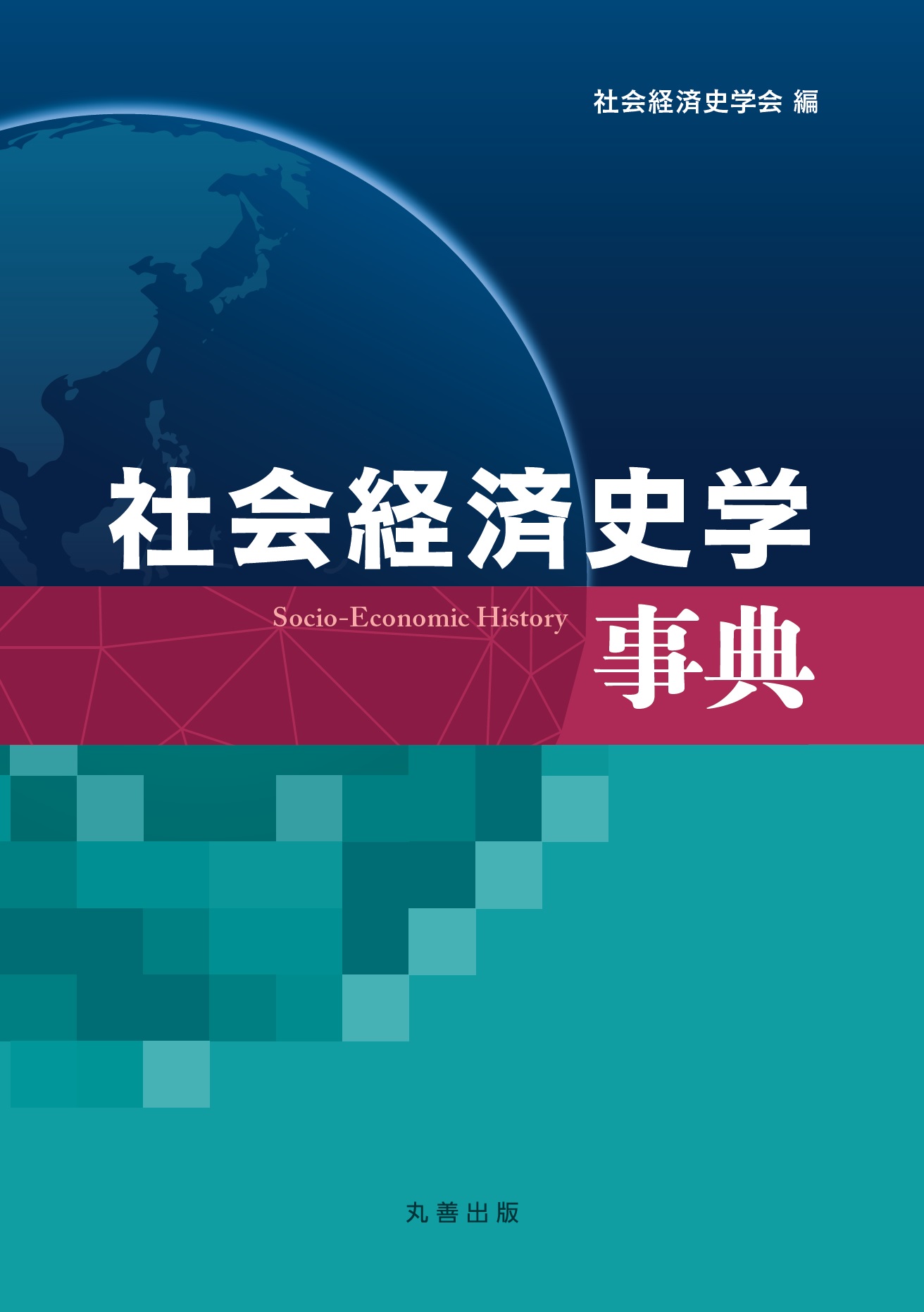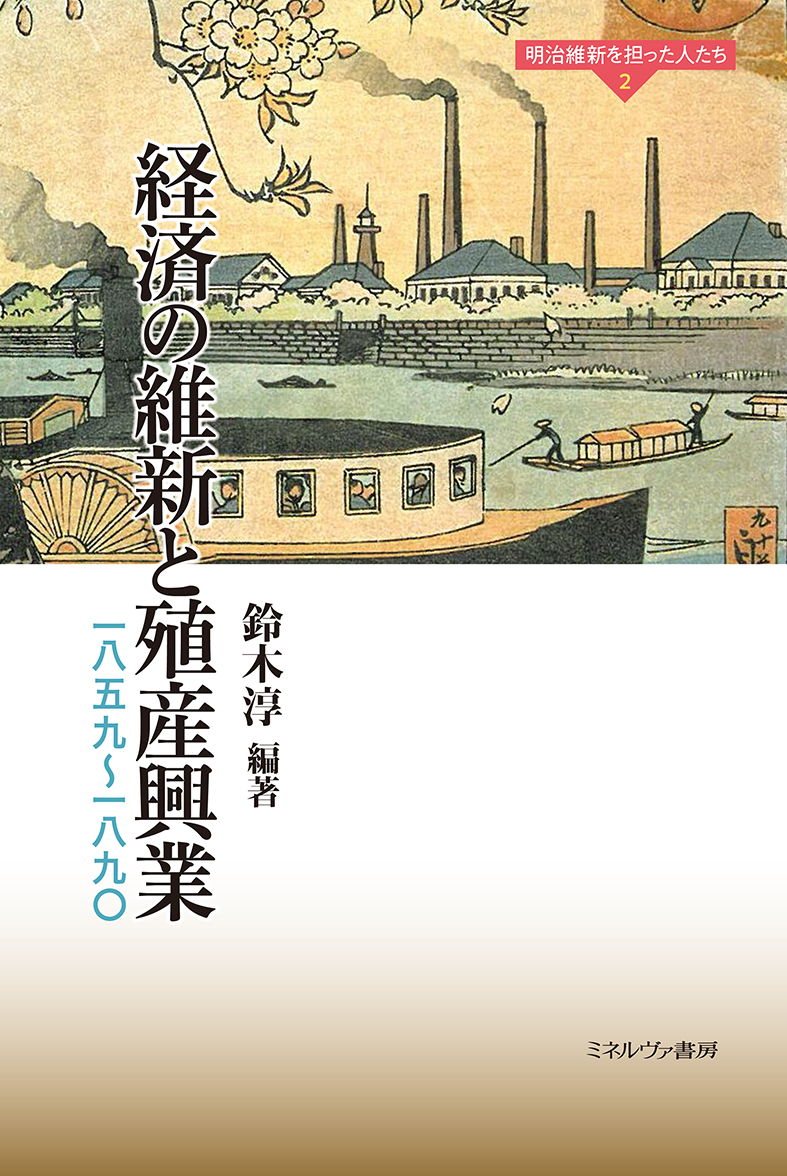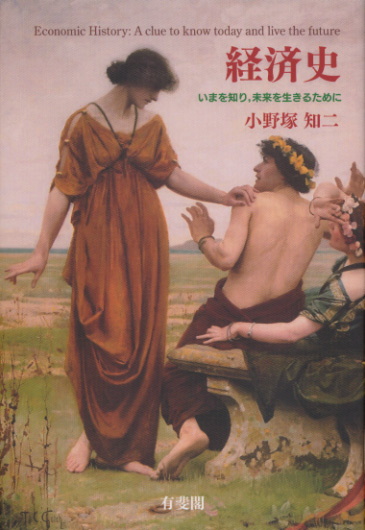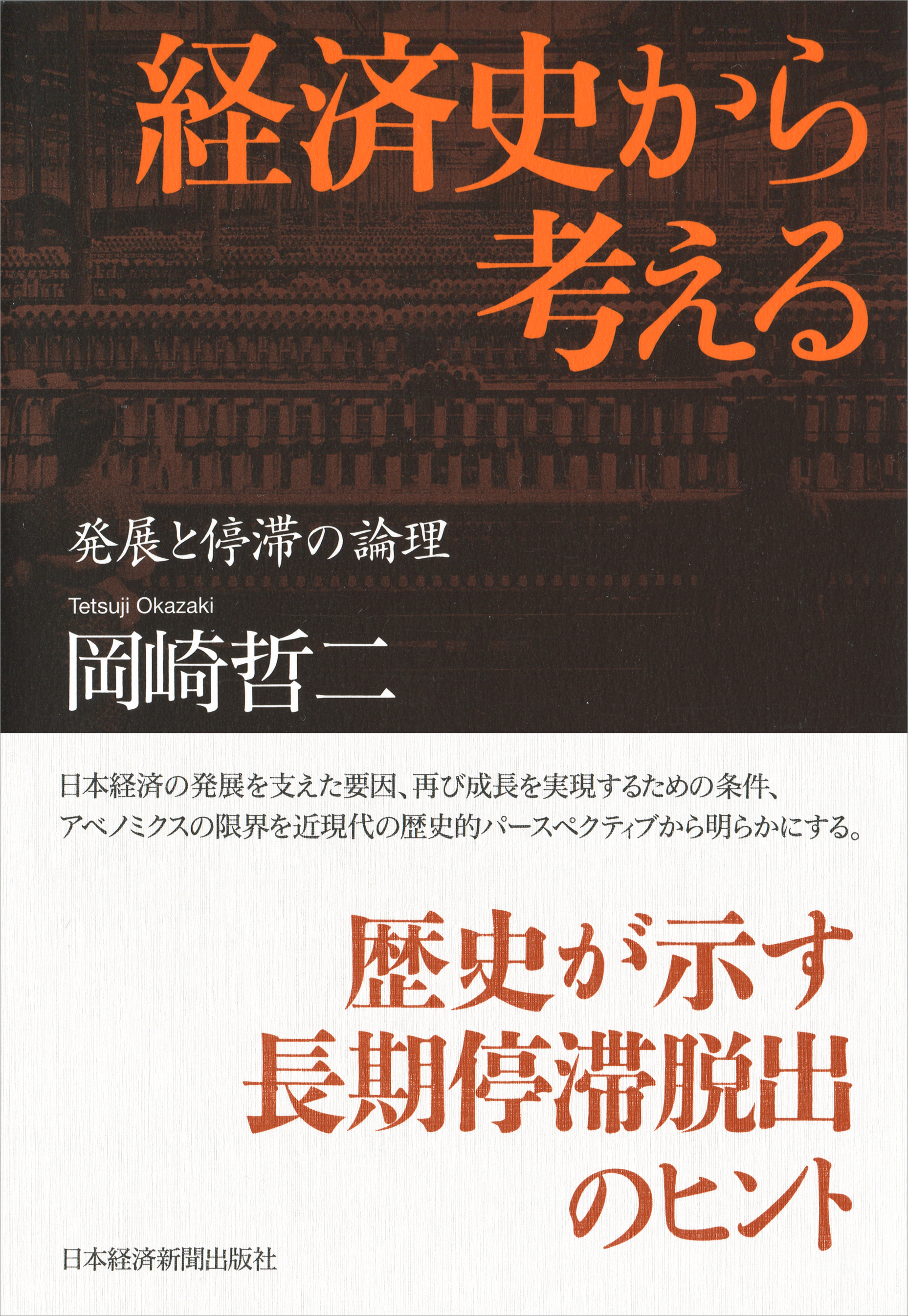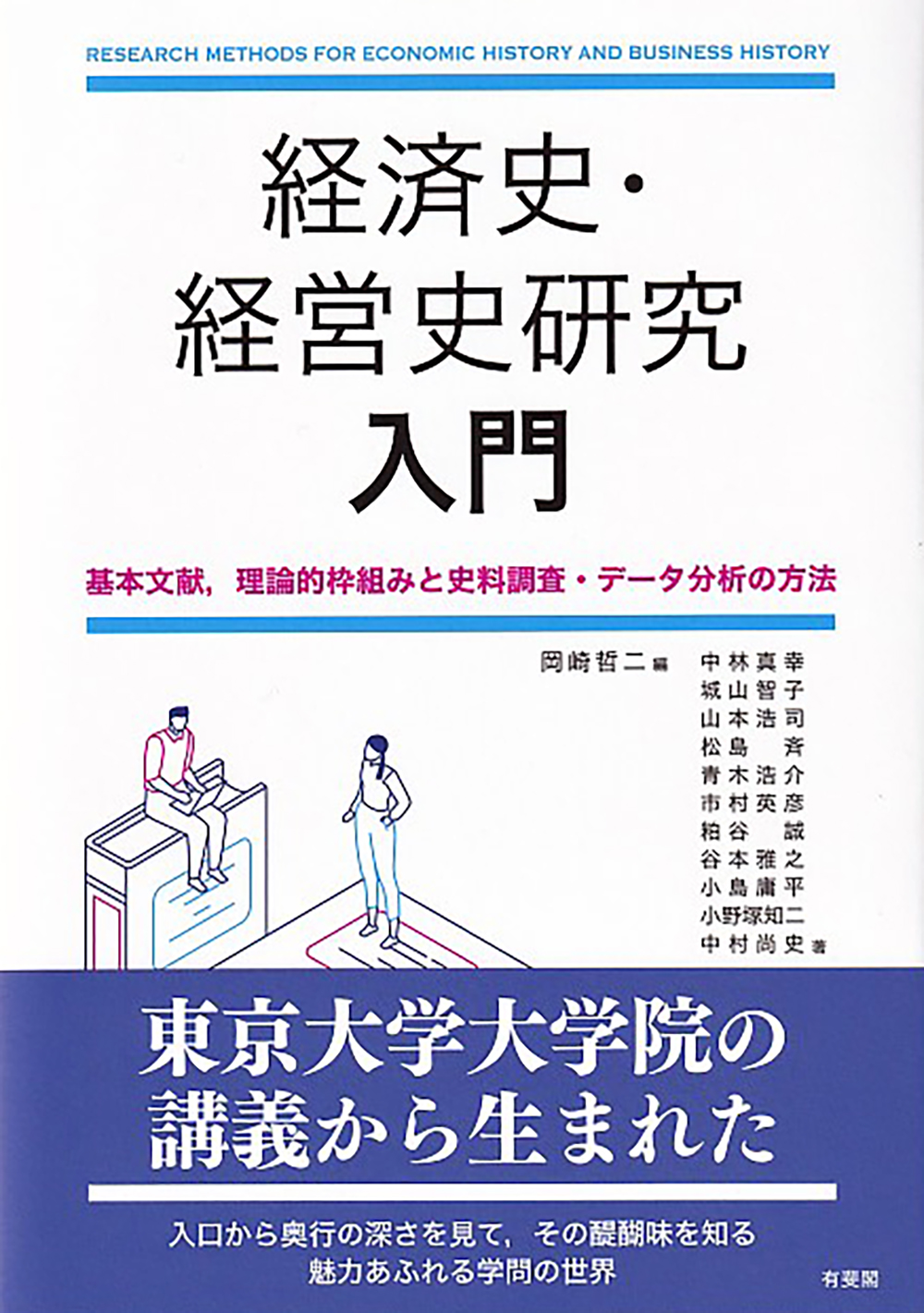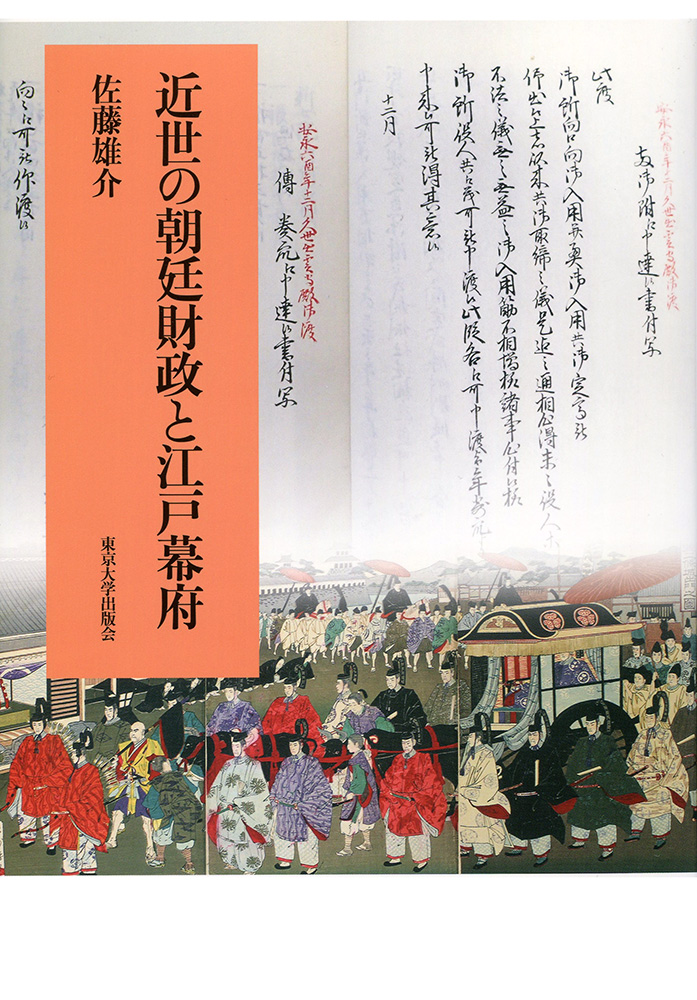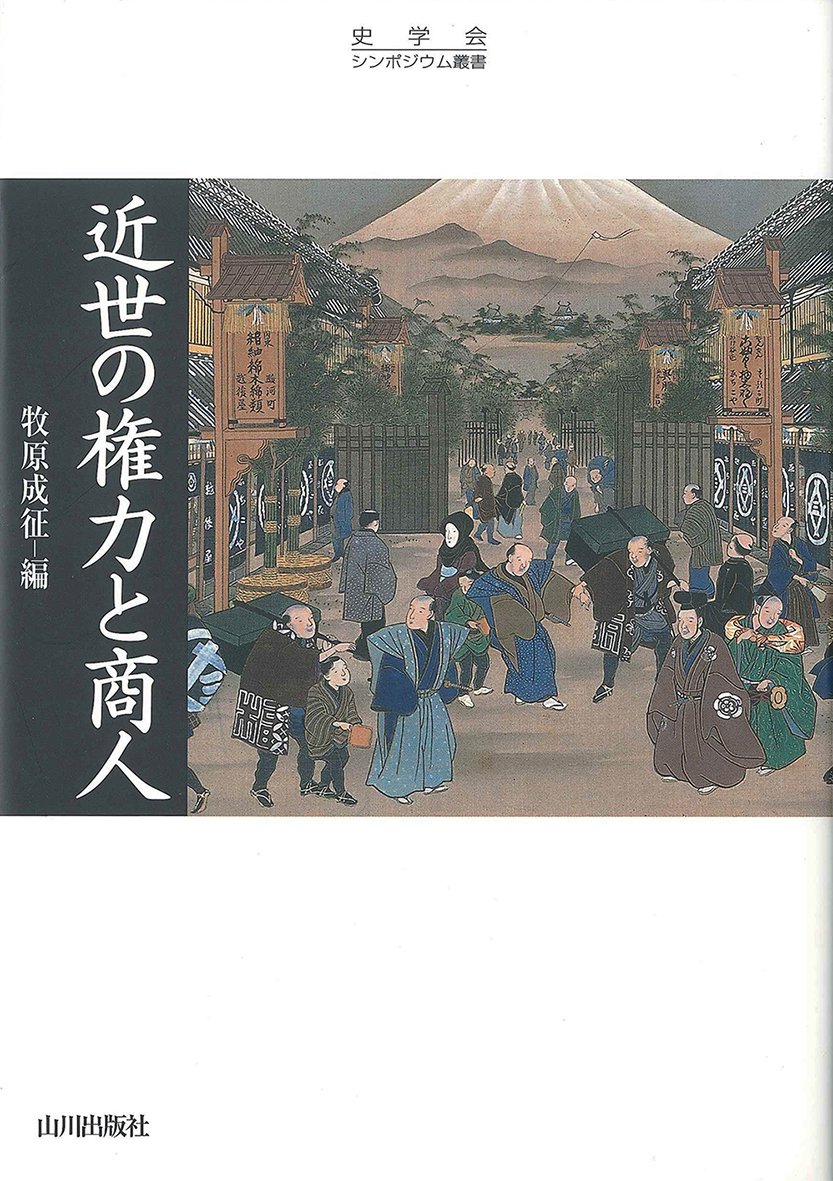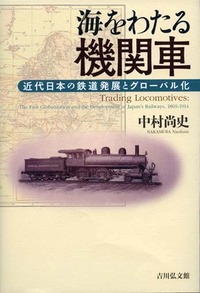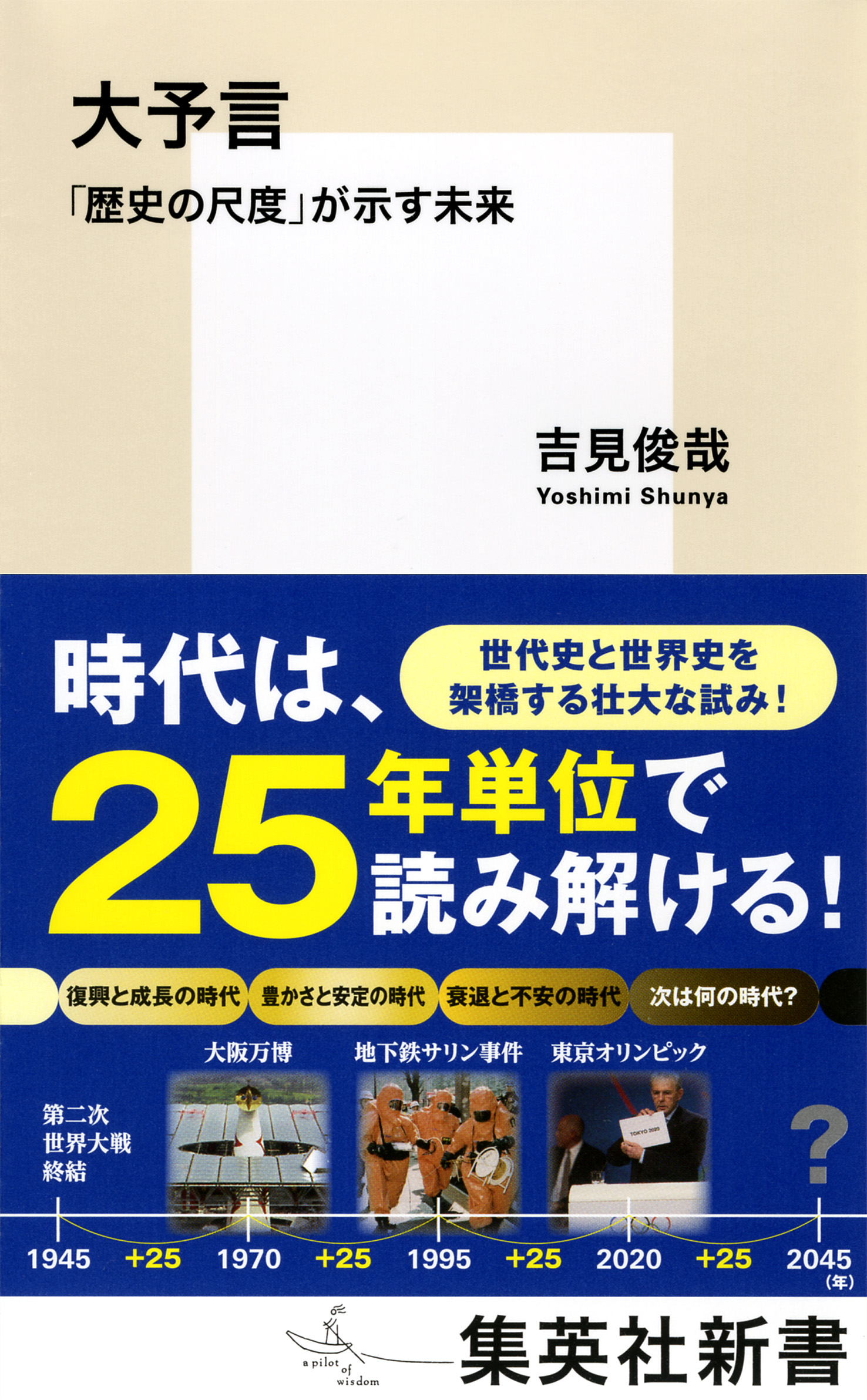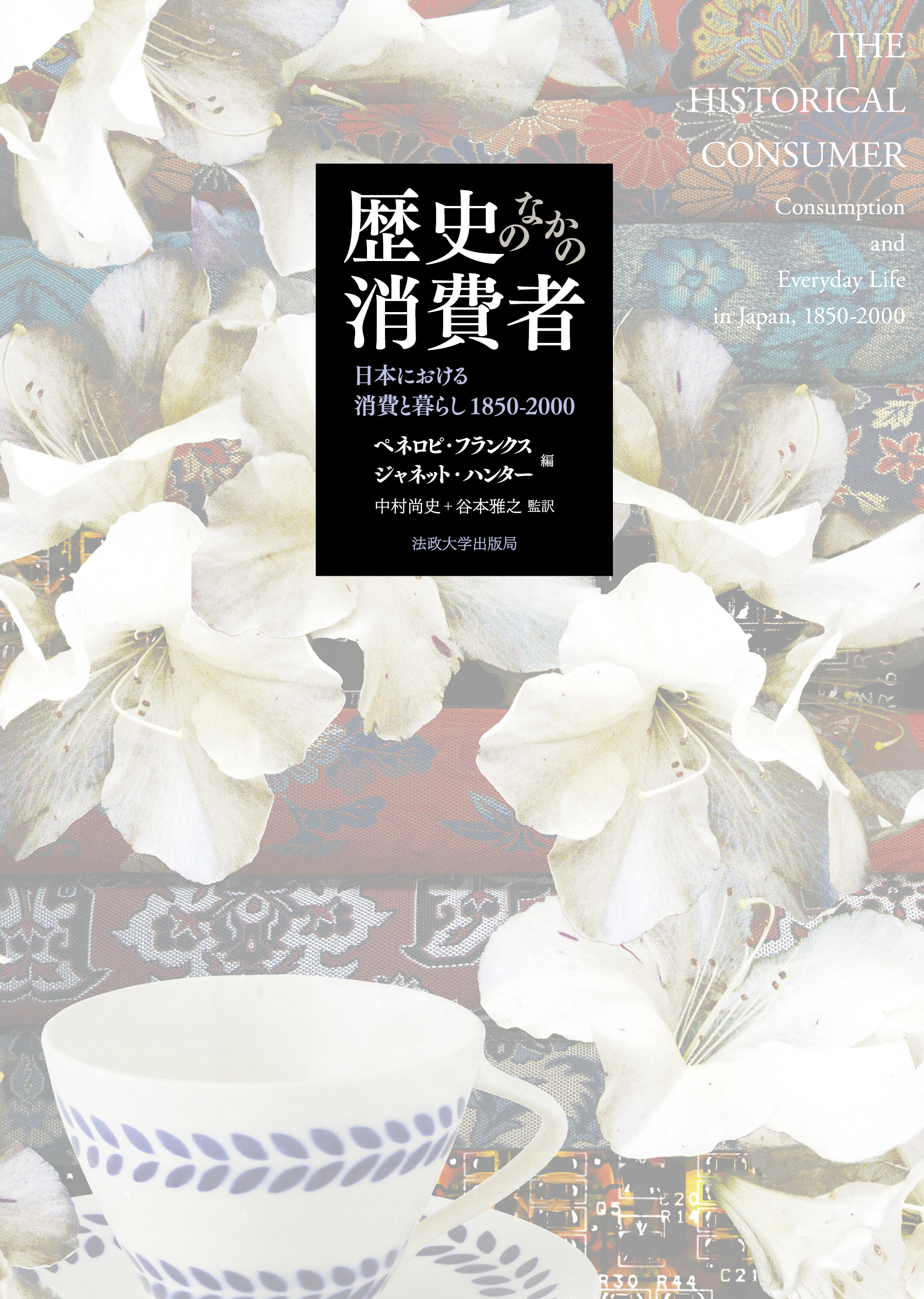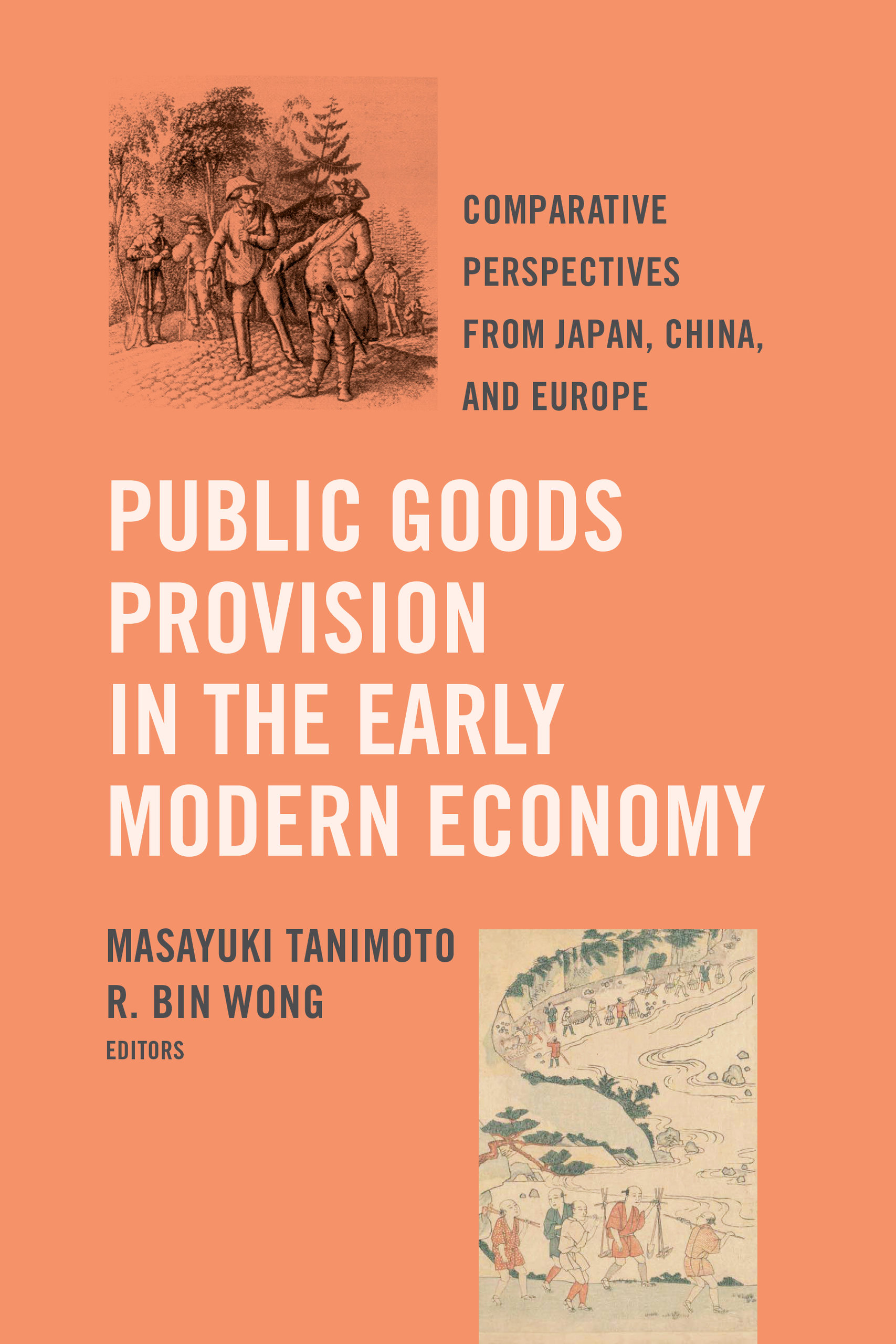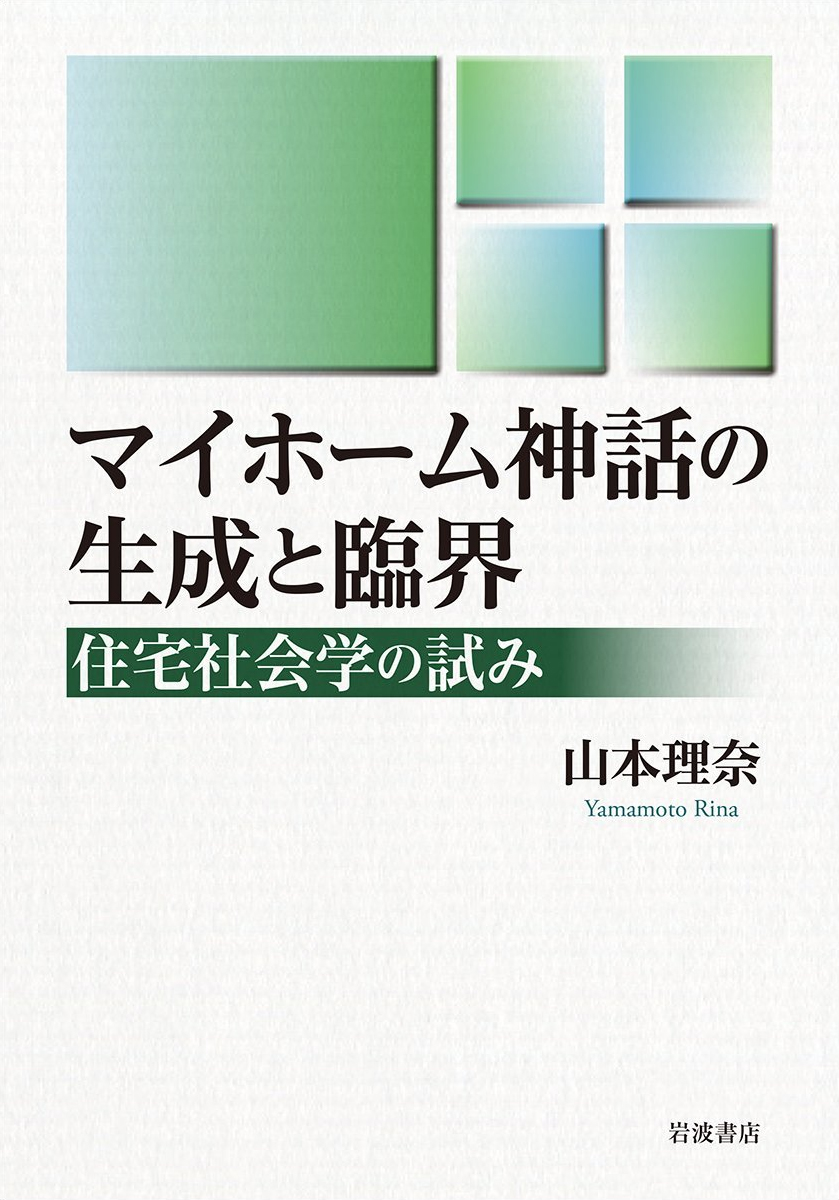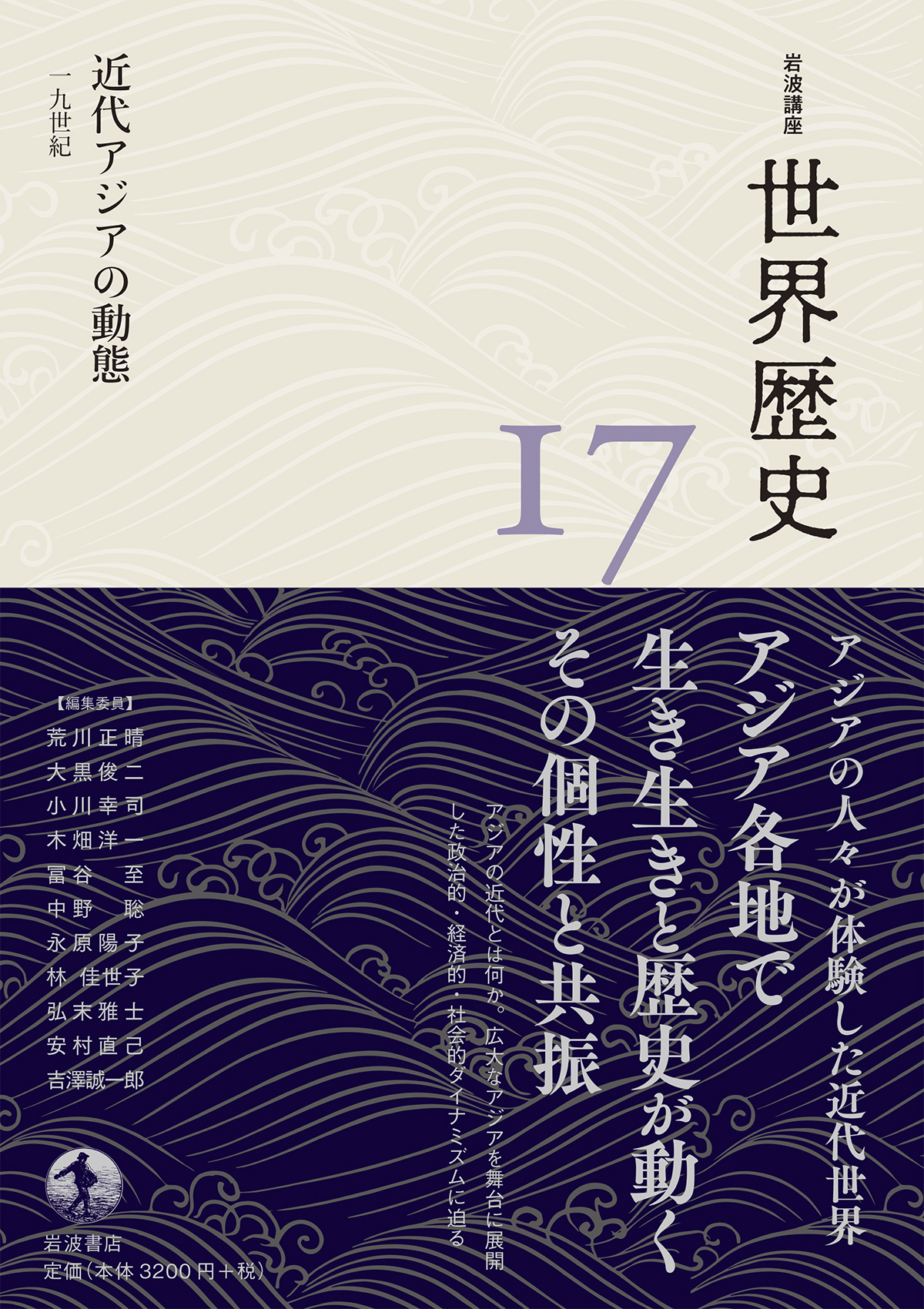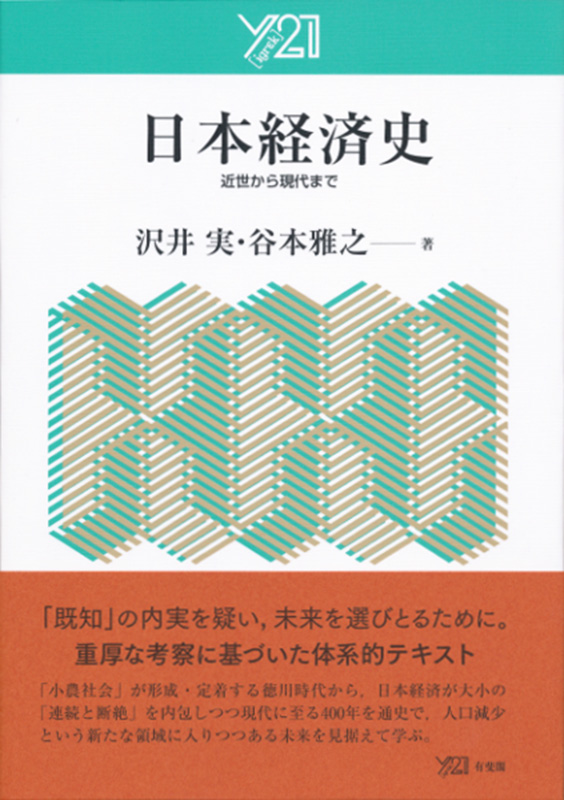
Title
Y[igrek]21 Nihon Keizai-shi (The Economic History of Japan: From the Early Modern Era to the Present)
Size
484 pages, A5 format, softcover
Language
Japanese
Released
December, 2016
ISBN
978-4-641-16488-8
Published by
Yuhikaku Publishing
Book Info
See Book Availability at Library
Japanese Page
This book describes the history of Japanese economic development, based on the latest academic research in this field. The authors introduce and discuss the major topics and trends related to the history of the Japanese economy, as well as examining contemporary Japanese society from a historical perspective.
The six chapters cover the period from the early modern economy to that of postwar Japan. The prologue provides a historical premise to the early modern economy, and the epilogue summarizes the contemporary Japanese economy since the 1980s, after the end of post war rapid economic growth. Most of the book concentrates on the period from the early modern period to the modern period, because the primary focus of the text is economic development. In addition to identifying and discussing a common vector that leads to all economic development, we examine several factors that produce structural differences between economies. We believe that the significance of discussing economic development in the context of economic history lies not only in revealing a “universal logic,” but also in grasping the typical characteristics of economic development by region and historical period. The key to achieving these aims is confirming that the “peasant society” established in the 17th century (i.e., the beginning of the early modern period) developed continuously, including after the early modern period, providing the foundation of the Japanese economy. As such, the first two chapters discuss the Tokugawa period, which we present as something more than a mere prehistory to the modern period, as it is usually viewed.
Japan’s economy has experienced several major (and many minor) interruptions during the last 400 years, including the opening of the ports in the late Tokugawa era, the Meiji Restoration, and the defeat and occupation in the aftermath of the Second Sino–Japanese War and the Pacific War, which were part of World War II. However, the peasant society survived throughout these periods, supported by the “ie system” (family system) and villages as institutions. During the “industrial revolution” of Japan in the Meiji period, these institutions provided the economy with the characteristics of “multi-layered development,” affected by both “transplanted” and “traditional” elements. Furthermore, they led to an accumulation of small and medium-sized enterprises in cities and to the formation and development of large enterprises during the interwar period. Despite major socioeconomic changes after World War II, the influence of the “ie system,” villages, and communities remained significant, with family-run businesses and small and medium-sized enterprises supporting economic growth amid heavy industrialization. This book is an attempt to understand the period from the establishment of the early modern society to postwar Japan in terms of the country’s economic development, and to position this period within the history of Japan and of the world.
A major benefit of learning from history is obtaining a historical perspective of the contemporary period. The contemporary world can seem overwhelming and beyond our control. However, knowing that the current situation is largely the result of past decisions should encourage us to believe that we can change the present, giving us a degree of control over the future. Although the past cannot be changed, it can be studied, and by being aware of past choices and their consequences, we can influence what is yet to happen. We hope this book acts as a bridge between the past and present, providing readers with the knowledge and opportunity to choose their future.
(Written by TANIMOTO Masayuki, Professor, Graduate School of Economics / 2018)



 Find a book
Find a book


 eBook
eBook